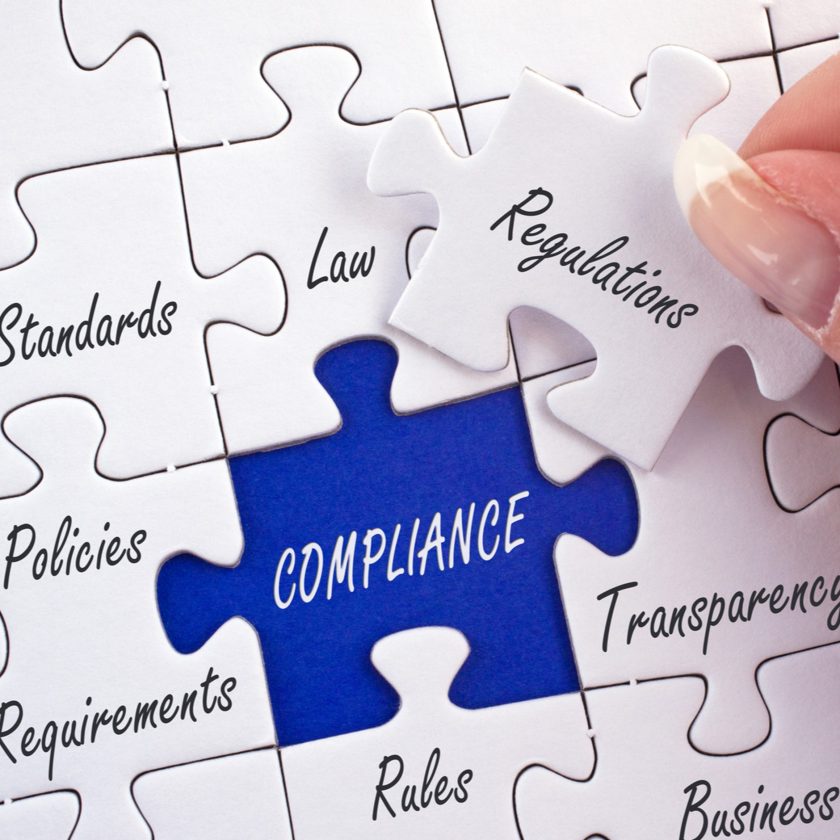
ITL: THE INTERFACE BETWEEN REGULATOR, SUPPLIER AND OPERATOR
The role of the Independent Testing Laboratory in the interface between Regulator, Supplier and Operator
Globally, it is widely accepted that prior to exposing gaming technology to the public it must be tested and approved. Before the proliferation of regulated gaming, testing was generally conducted by gaming regulators themselves, and some still do. Due to the global nature of the gaming industry, budget and bureaucratic restrictions, however, the pace of technology evolution and the speed with which equipment can be approved to maintain a competitive balance with neighbouring jurisdictions, the general approach among both new and well established gaming jurisdictions today is to outsource the testing activity to accredited independent testing laboratories (ITL).
In the early days of outsourcing testing services, it was fairly common to choose a single ITL. However, as the sector matured it was realised that choosing only one ITL creates public policy risks and potentially limits the success of the overall testing strategy. When no such choice exists, the end result is a state-sponsored monopoly, where one firm decides the timing and priority of all gaming product submissions and certifications in the jurisdiction. Today, the use of a qualified ITL is compared to the use of any other professional service firm. As with all professional service firms, they are independently accredited to offer the services they provide, and private entities or individuals have a choice to pick the services of any and all who qualify.
The core role of the ITL
The general use of the ITL in testing and certifying gaming equipment for public use in regulated markets around the world has placed it in the unique position where it has become known for its capacity to facilitating and supporting the interface between regulator, supplier and operator. We see this very clearly by looking at the various roles of the ITL in supporting the regulator, supplier and operator in achieving their unique objectives in ensuring a reputable gaming industry.
It is commonly agreed that one of the responsibilities of the gaming regulator is to ensure that the games offered to the public are fair, secure and auditable. The role that the ITL typically plays in this context is to provide the regulator with evidence that all gaming products offered to the public do meet the minimum requirements; to provide points of verification which facilitates trust for the regulator; and to provide independent analysis of gaming products.
Suppliers of gaming equipment in regulated gaming markets are responsible for providing gaming products and services that meet public demand, subject to regulatory requirements. The role of the ITL in achieving this objective typically includes providing independent analysis and confirmation of how the product is designed to work; providing evidence that the product is compliant with regulatory requirements; and providing clarity in respect of minimum technical standards and requirements.
The aim of the gaming operator is to provide gaming services to the public in a safe and enjoyable environment. The role that the ITL plays in this context typically includes providing advice on developing and meeting internal operating controls; satisfying operators that the games they offer comply with the relevant minimum standards; assisting operators in identifying trends and solve problems of an operational/ technical nature; identifying products that have fallen out of compliance; and ensuring that the systems used to calculate gaming taxes are accurate.
The expanding role of the ITL in supporting governments and regulators
Having been exposed to the development and implementation of public policies, legislation, regulations, technical standards and minimum operational controls, the ITL is able to bring to bear its exposure and experience to the benefit of governments and regulators in new and emerging markets.
Areas where ITL’s are growing their expertise include:
- Sharing global best practices of how key policy objectives for legalizing gaming have been met in other gaming markets and how this experience could be relevant to new and emerging jurisdictions.
- Advising governments on drafting primary legislation that best meets the agreed upon policy objectives.
- Advising governments and assist them to prepare secondary legislation that meets their regulatory objectives.
- Drafting of technical standards for gaming equipment and software, as well as the procedures for ongoing audits and inspections of the equipment and software.
- Advising gaming operators on the most appropriate internal control system to ensure both the security and integrity of their operations.
- Advising gaming regulators of the risks and best practice measures to mitigate those risks associated with permitting both the online and offline channels to market.
- Advising governments on the ideal institutional structure for organisations set up to regulate gaming.
- Training of regulatory staff in preparation for the successful opening and ongoing regulation of a market.
The COVID-19 pandemic has inflicted significant economic damage to the global gaming industry. It will require all industry role players and regulators to come up with plans and strategies aimed at its recovery. Firstly this will be protecting the considerable investments that have been made by the industry over the past decades and, secondly, how best to respond to changed market demands.
Governments and regulators around the world are increasingly asking, what can be done to prevent their land-based casinos from economic ruin. Again, the ITL is in an excellent position to share the experiences of jurisdictions who have successfully allowed their casinos to use the online channel to grow their existing markets and establish new ones.
AUTHOR
André Wilsenach, Senior Vice-President, Government Relations





